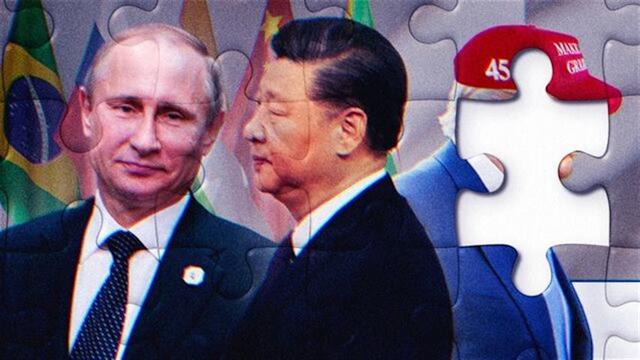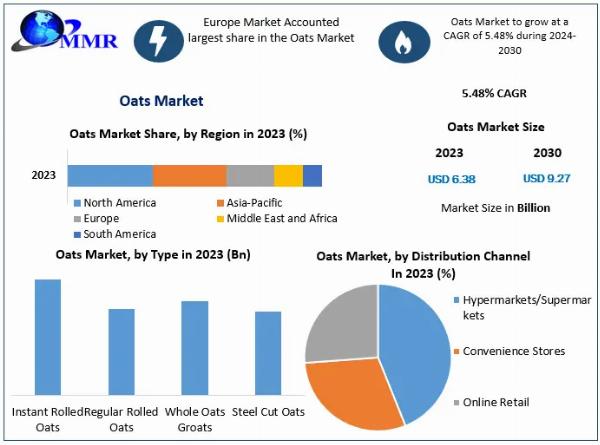
(Bloomberg) — Ever since BRICS was founded more than a decade ago, the group of emerging-market nations has struggled to identify a common purpose. President Donald Trump’s tariffs may have solved that problem.
Most Read from Bloomberg
-
Foreign Buyers Swoop on Cape Town Homes, Pricing Out Locals
-
Massachusetts to Follow NYC in Making Landlords Pay Broker Fees
-
NYC Commutes Resume After Midtown Bus Terminal Crash Chaos
-
Struggling Downtowns Are Looking to Lure New Crowds
-
What Gothenburg Got Out of Congestion Pricing
BRICS leaders meeting in Rio de Janeiro this weekend for a summit hosted by Brazilian President Luiz Inacio Lula da Silva are expected to sign up to a joint statement decrying “the rise of unjustified unilateral protectionist measures” and the “indiscriminate raising” of tariffs. That’s what foreign ministers from the bloc named for oldest members Brazil, Russia, India, China and South Africa agreed to in April, and several officials said the text would remain in the communique.
The concluding language is unlikely to directly cite the US. But the group is sending an unmistakable signal to the Trump administration on the eve of the July 9 deadline for his levies to take effect.
BRICS members all agree that “these tariffs are not productive,” Ambassador Xolisa Mabhongo, South Africa’s lead negotiator, or sherpa, said in an interview. “They are not good for the world economy. They are not good for development.”
As Trump alienates traditional allies and pursues his America First agenda, BRICS is seeking to occupy the ground the US leader has ceded. The upshot is that the group long presumed to be forging an alternative to the US-led world order is now projecting itself as defender of those same core values, including free trade and multilateralism.
“Multilateralism is going through its worst moment since the World War II,” Lula said Friday during a meeting of the New Development Bank, the financing arm of the BRICS.
China will work with member states to “strengthen the BRICS strategic partnership and safeguard multilateralism,” Foreign Ministry spokesperson Mao Ning said in a briefing in Beijing on Wednesday.
Even with Trump providing some elements of a unity of purpose, the BRICS grouping is still likely to fall far short of wielding the global influence its members have long sought.
Chinese President Xi Jinping, who held a state visit to Brasilia in November and is expected to attend the COP30 climate summit in Brazil later this year, is skipping the BRICS meeting. Vladimir Putin of Russia will stay away to avoid putting Brazil’s government in the uncomfortable position of having to arrest a president wanted for war crimes in Ukraine.
繼續閱讀Founded in 2009, the original BRICS group has long suffered from a lack of shared values among members who have little in common beyond their status as large, emerging economies that wanted a voice in global affairs dominated by Washington and the West.
Its rapid expansion to include Egypt, Ethiopia, Iran, Indonesia and the United Arab Emirates bolstered its representation — the new BRICS accounts for about 40% of global GDP and roughly half the planet’s population — but threatens to make it even less coherent.
What Bloomberg Economics Says
The group is held together primarily by a shared sense that emerging markets should have a louder voice in the global order and a desire to build a multipolar world. In the absence of a clearer shared agenda, though, the group’s geopolitical gravitas will probably continue to increase only gradually, in line with its economic heft or, potentially, its further expansion.
—Jimena Zuniga, Latin America geoeconomics analyst
Notably, the bloc is divided on references to war, with Russia and China against any significant mention, according to several delegations. Egypt is pushing for a mention of peace and security in the Middle East, by which it mainly means resolving the war on its border in Gaza, according to a person familiar with the matter.
Trump’s aggression offers the bloc something of a dilemma. While his tariffs push gives it a degree of shared resolve, some members are keen to maintain balanced relations with both the US and China.
Paradoxically, Trump’s threat to slap 100% levies on the bloc if it ditches the dollar in bilateral trade has spurred interest in developing local payment systems and other instruments that can facilitate commerce and investment between the nations. The idea of abandoning the dollar isn’t under discussion, according to Brazilian officials.
Trade among the five original BRICS nations grew 40% between 2021 and 2024 to $740 billion a year, according to International Monetary Fund data.
Lula’s government is optimistic that leaders will make progress on collective alternatives, in part because Trump’s trade threats have given countries incentives to forge consensus and new partnerships, according to two Brazilian officials familiar with the discussions.
The BRICS group is also discussing mechanisms to boost climate finance among members for the first time, the officials said, an issue that has taken on greater importance after Trump pulled the US out of the Paris agreement.
China continues to engage with other BRICS nations on climate, also as a way to show it is a friendlier and more reliable ally than the US. Along with Indonesia, Beijing has held discussions with Brazil about the agenda for the UN’s annual climate summit.
For its part, India sees no major hurdles to a joint declaration from the summit, according to a government official familiar with the preparations, who asked not to be named discussing ongoing diplomacy.
Indian Prime Minister Narendra Modi is undertaking a state visit in Brazil after the Rio gathering ends. Lula will also welcome Indonesia’s President Prabowo Subianto and South African President Cyril Ramaphosa in back to back pageantry.
Yet divisions among BRICS members — and especially between its old guard and new arrivals — could still surface. Egypt and Ethiopia had balked at supporting South Africa for a permanent seat on the UN Security Council, something that had been one of the bloc’s few unifying themes.
There are also simmering tensions between the group’s two largest economies. China and India both vie to lead the BRICS and the Global South as a whole. Modi will stake his claim as leader when he takes over the BRICS presidency for 2026, just three years after Xi skipped India’s G-20 summit.
At a time when BRICS is trying to prove it’s more than just a catchy acronym, another snub from Xi wouldn’t be a good look.
—With assistance from Mirette Magdy, Sudhi Ranjan Sen and Jing Li.
Most Read from Bloomberg Businessweek
-
SNAP Cuts in Big Tax Bill Will Hit a Lot of Trump Voters Too
-
America’s Top Consumer-Sentiment Economist Is Worried
-
For Brazil’s Criminals, Coffee Beans Are the Target
-
How to Steal a House
-
Sperm Freezing Is a New Hot Market for Startups
©2025 Bloomberg L.P.
BRICS nations, united in their ambitions to fill the vacuum left by US retreat under Trump's administration towards multilateral cooperation and global governance.
The United States' retreat under President Trump has left a power vacuum that the BRICS (Brazil, Russia. India China and South Africa) nations aspire to fill with resilience through cooperation.














